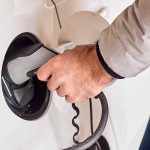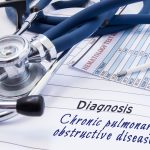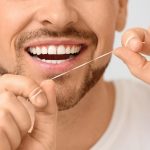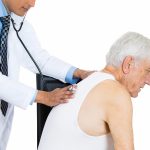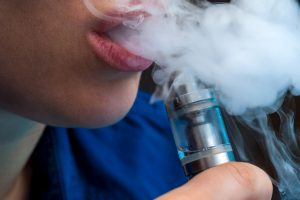
Scientists have pinpointed four genes that seem to play a part in how vulnerable you are to suicidal thoughts or behaviors. “It’s important to note that these genes do not predestine anyone to problems, but it’s also important to understand that there could be heightened risks, particularly when combined with life events,” said study co-author Nathan Kimbrel. He’s an associate professor in the department of psychiatry and behavioral sciences at Duke University in Durham, N.C. To find the culprit genes, Kimbrel and his colleagues conducted a large, genome-wide analysis using data from more than 630,000 U.S. military veterans. Participants were diverse, with 71.4% of European ancestry, 19.1% of African ancestry, 8.1% Hispanic and 1.3% Asian. Although most of the participants were men, 9% were women. Medical records revealed more than 121,000 cases of suicidal thoughts or actions within that group. Those who had no documented lifetime history of self-harm behaviors were considered a control group. The study included analysis of blood samples, finding links between suicidal behavior and ESR1, an estrogen receptor. It has previously been identified as a driver gene of both PTSD and depression, which are risk factors for suicidal behaviors among veterans. A link was also found with DRD2, a dopamine receptor. It has been associated with suicide attempts, schizophrenia, mood disorders, ADHD, risky behaviors and alcohol use disorder. The third gene… read on > read on >










